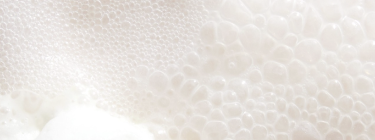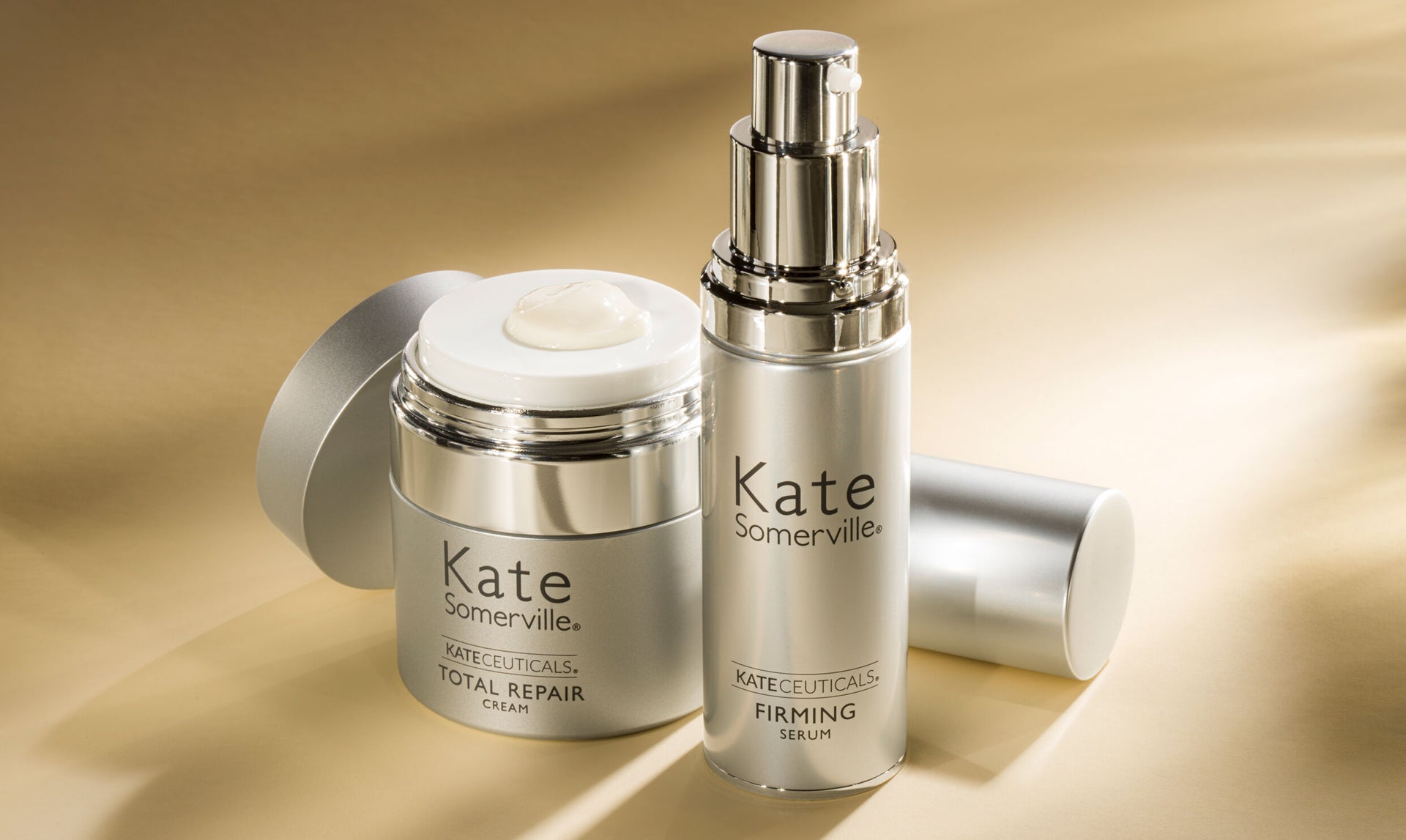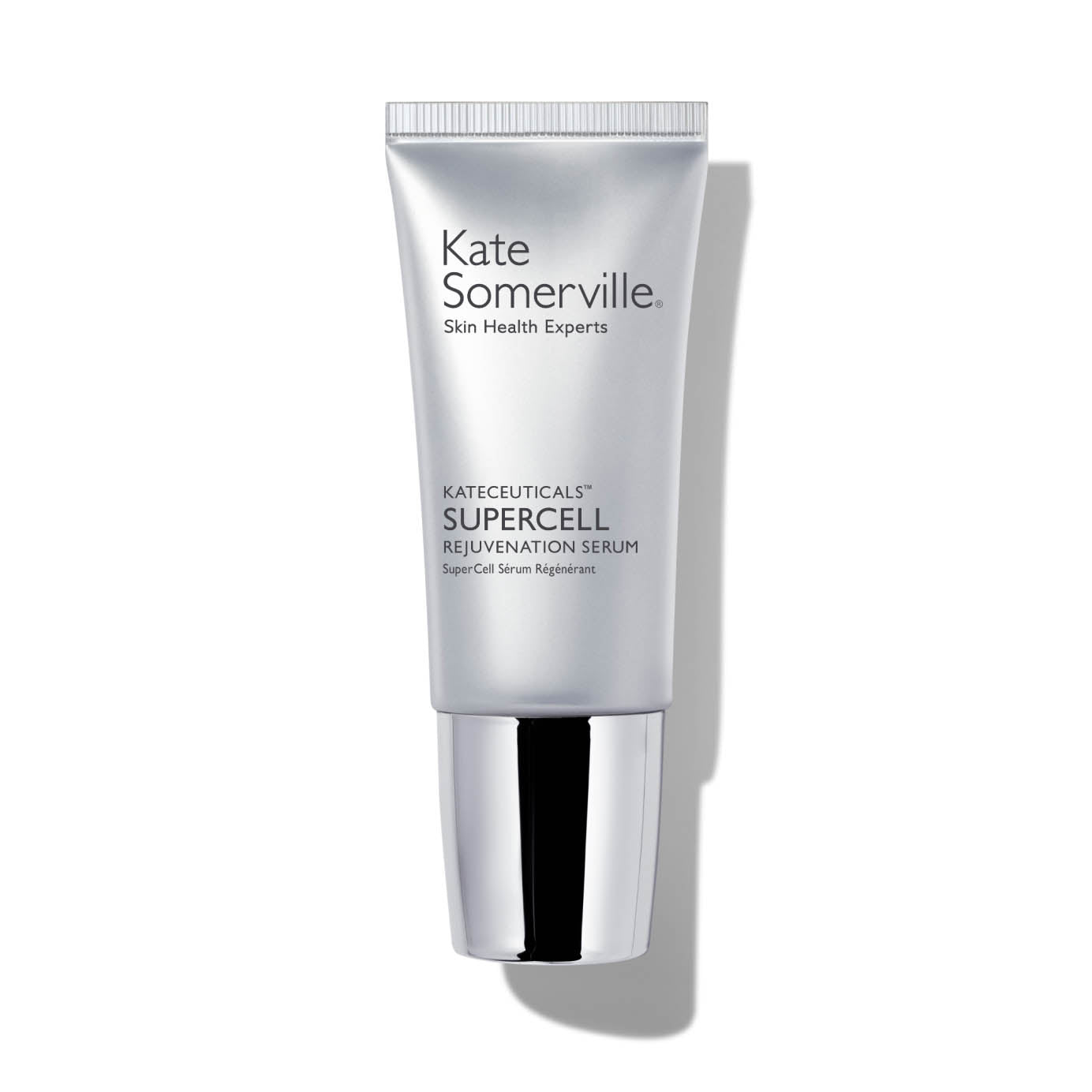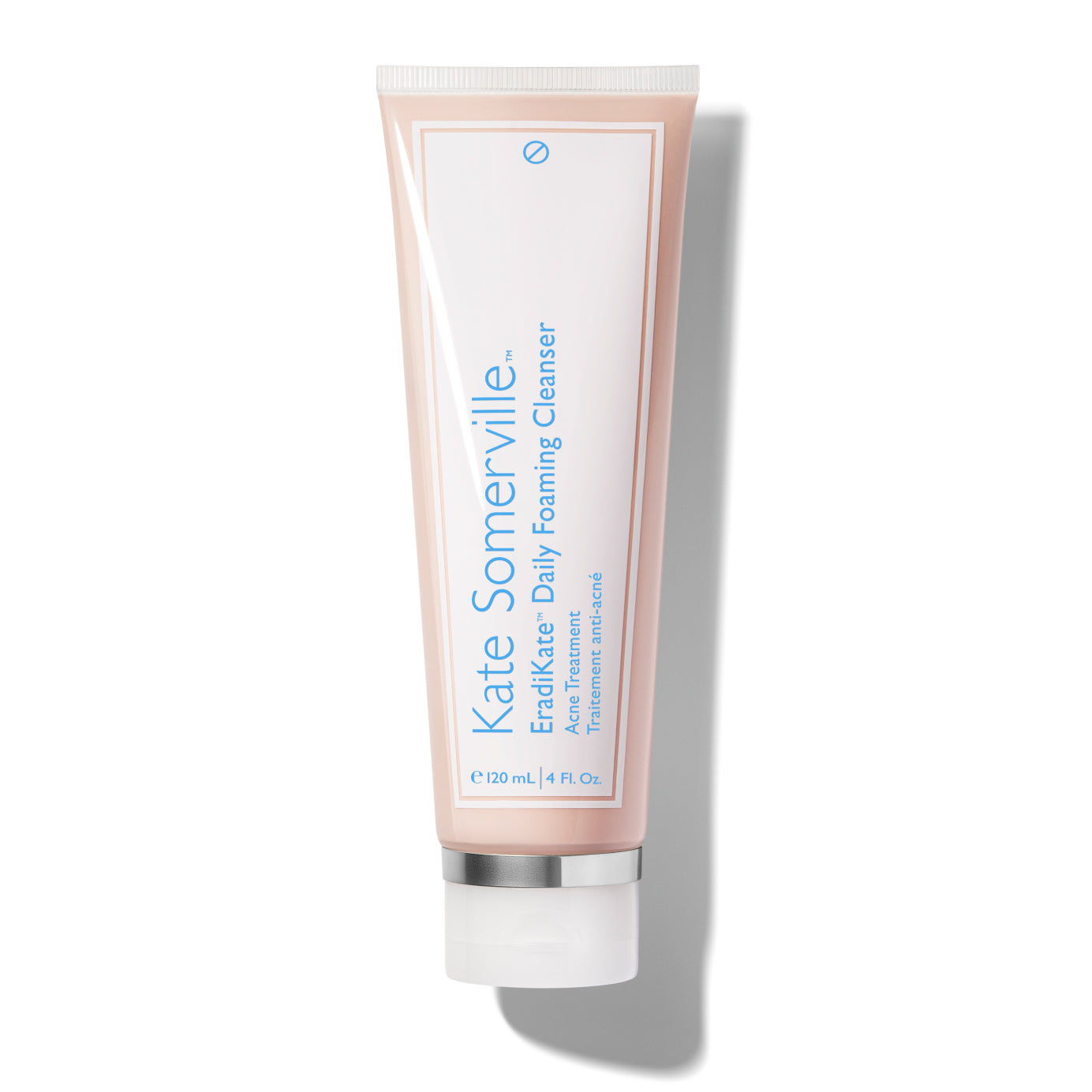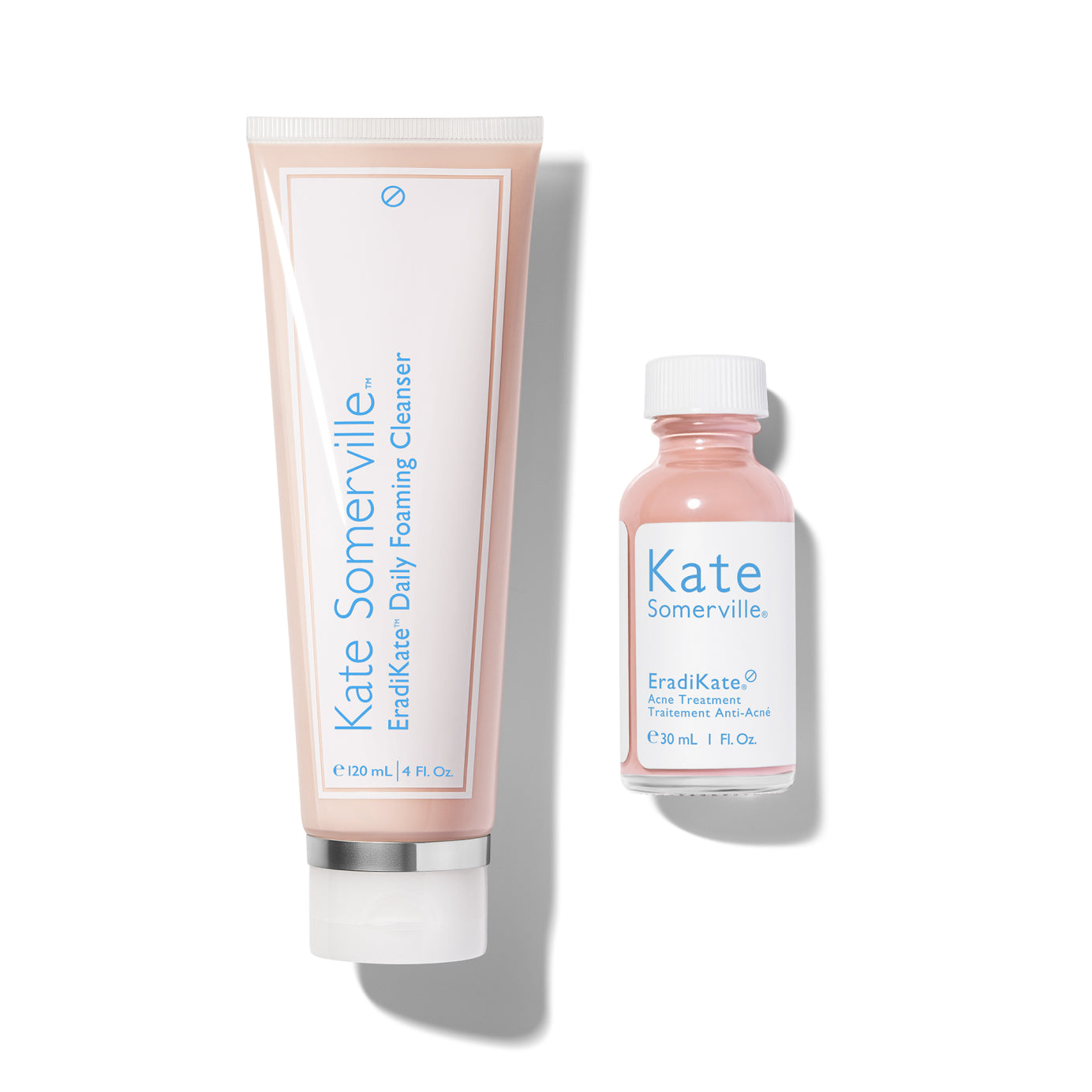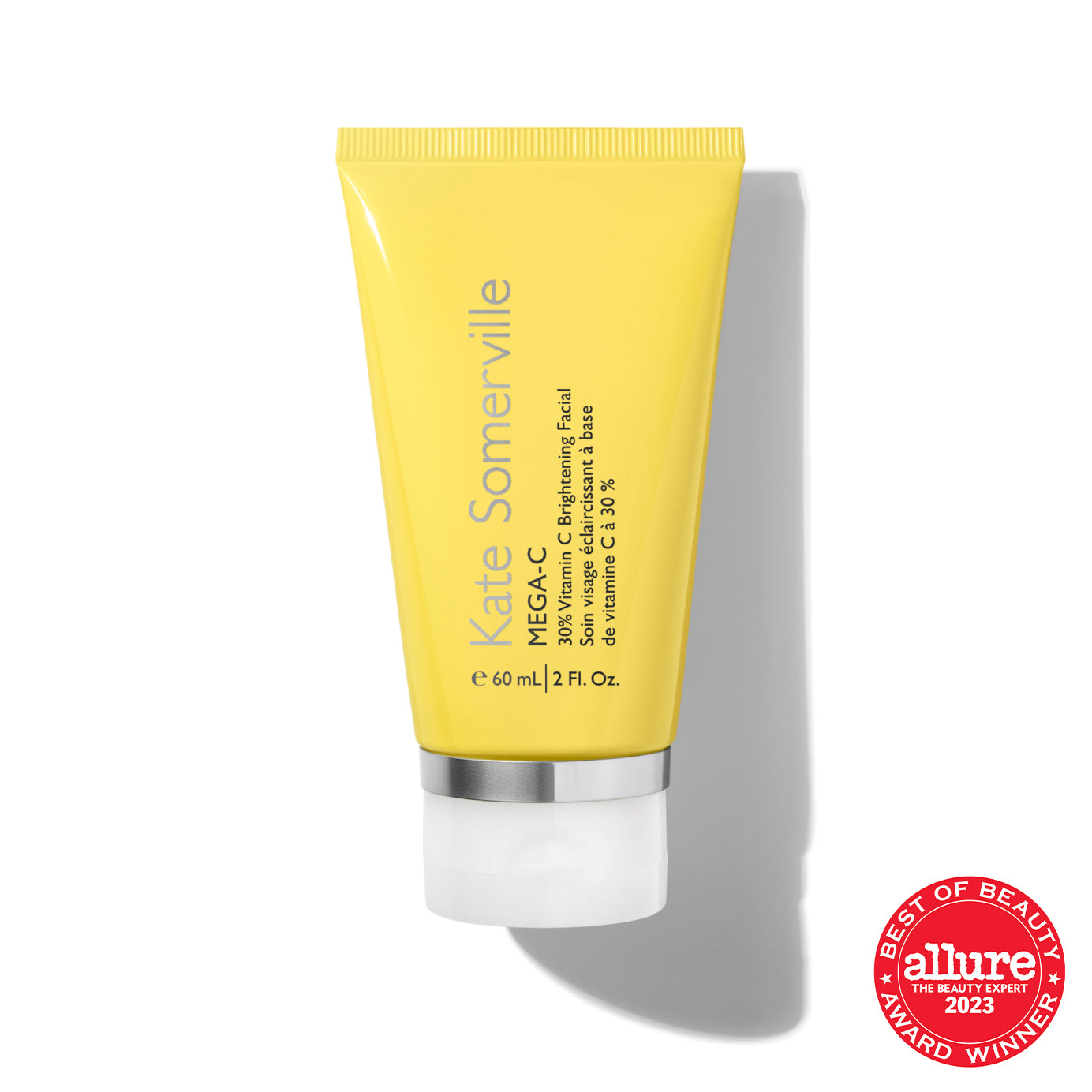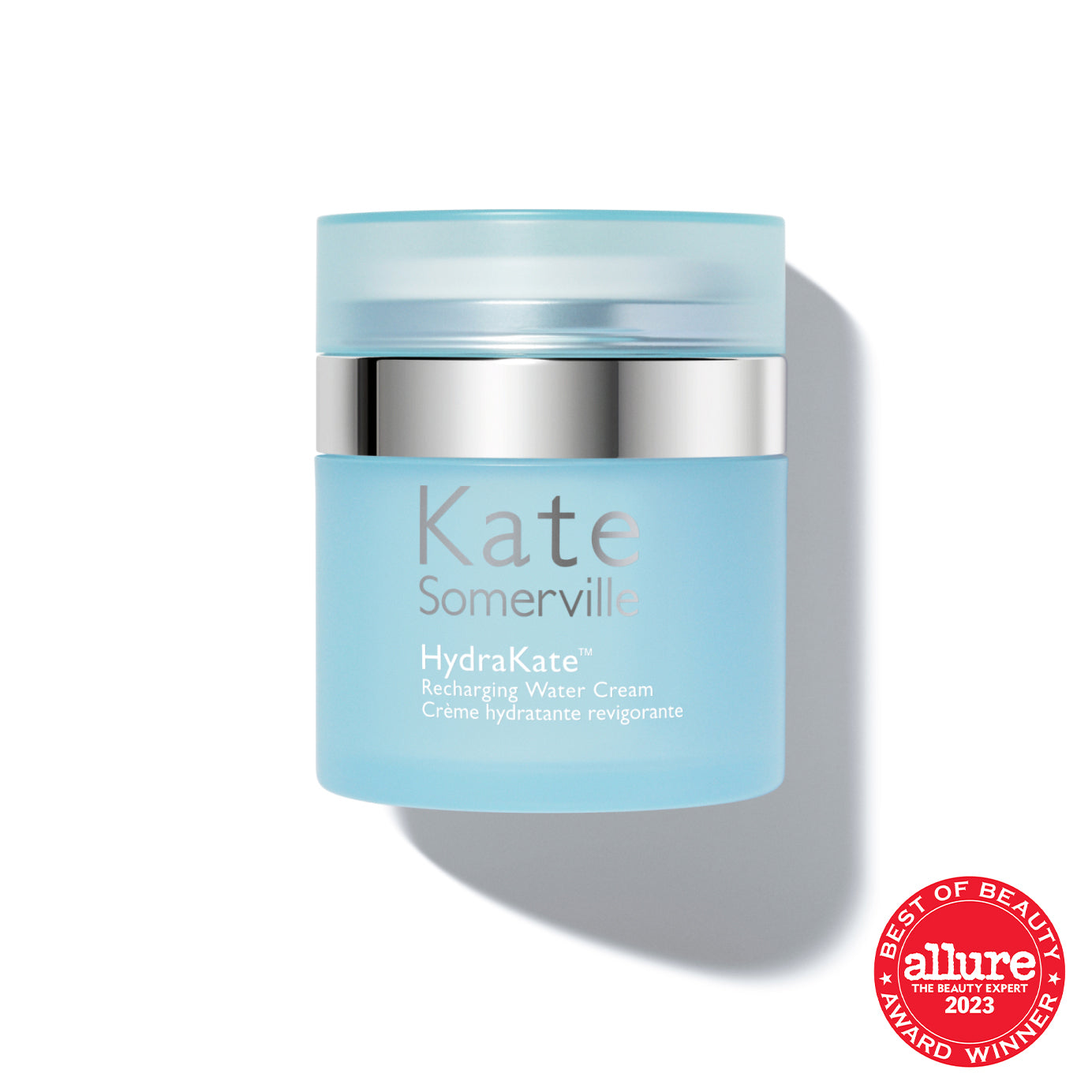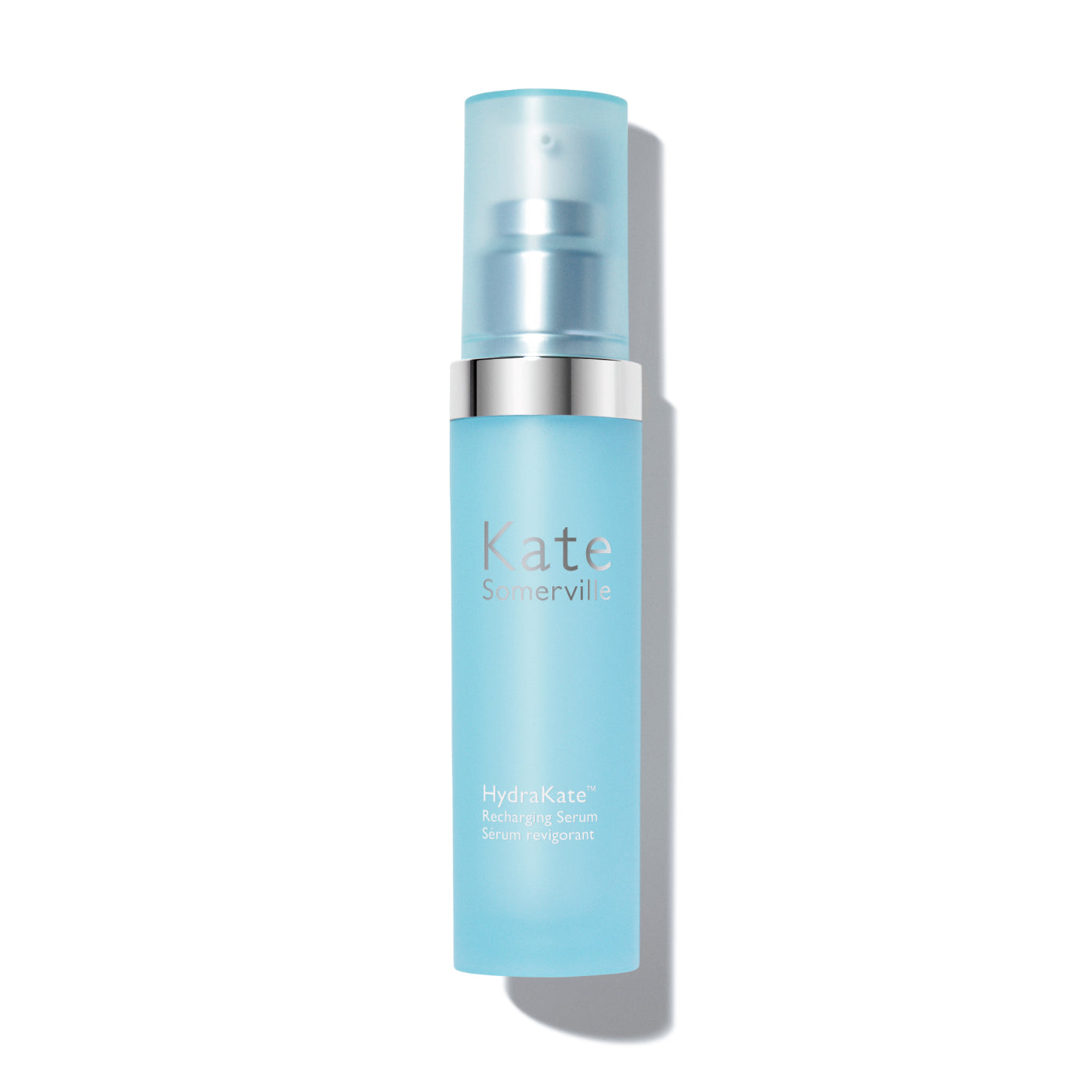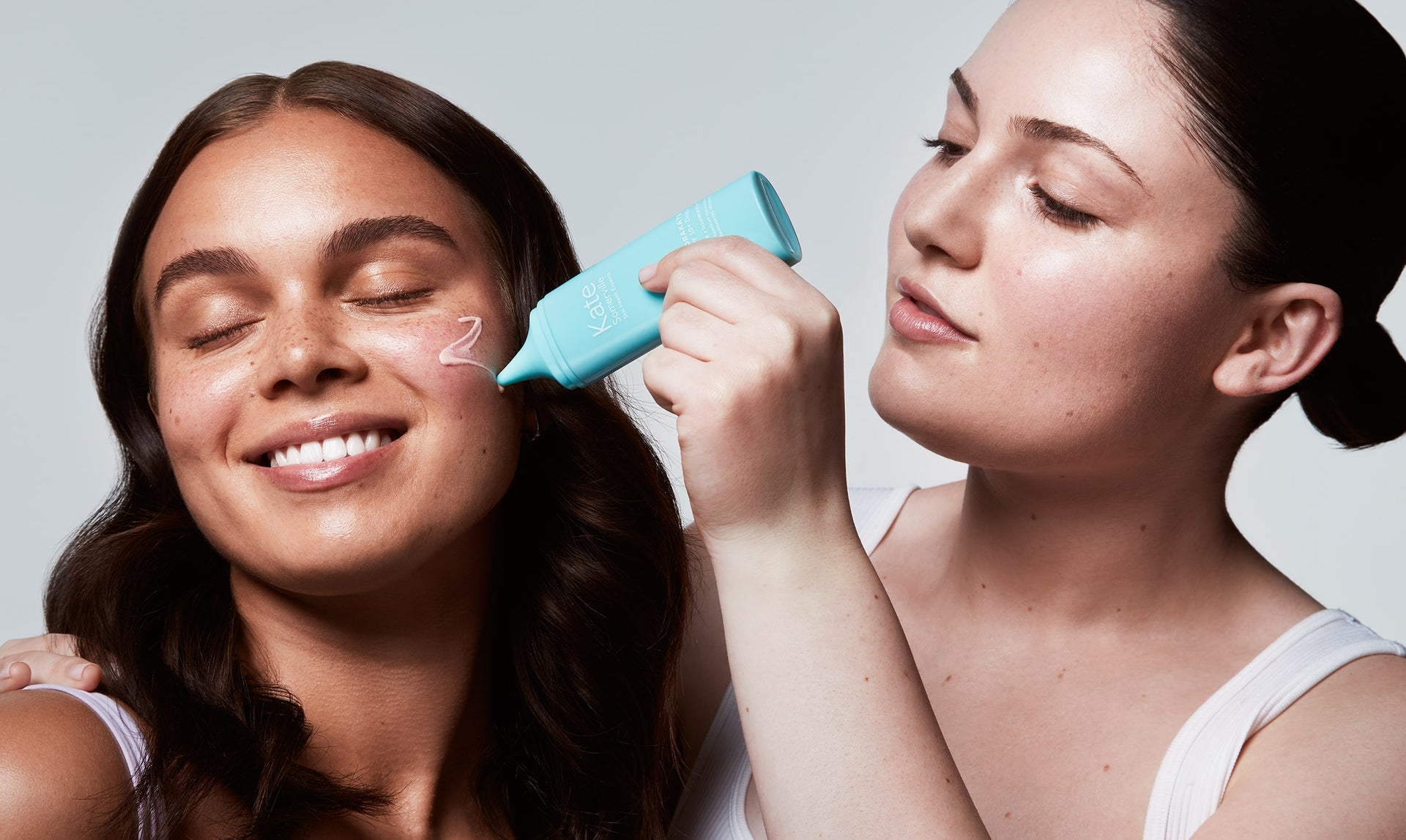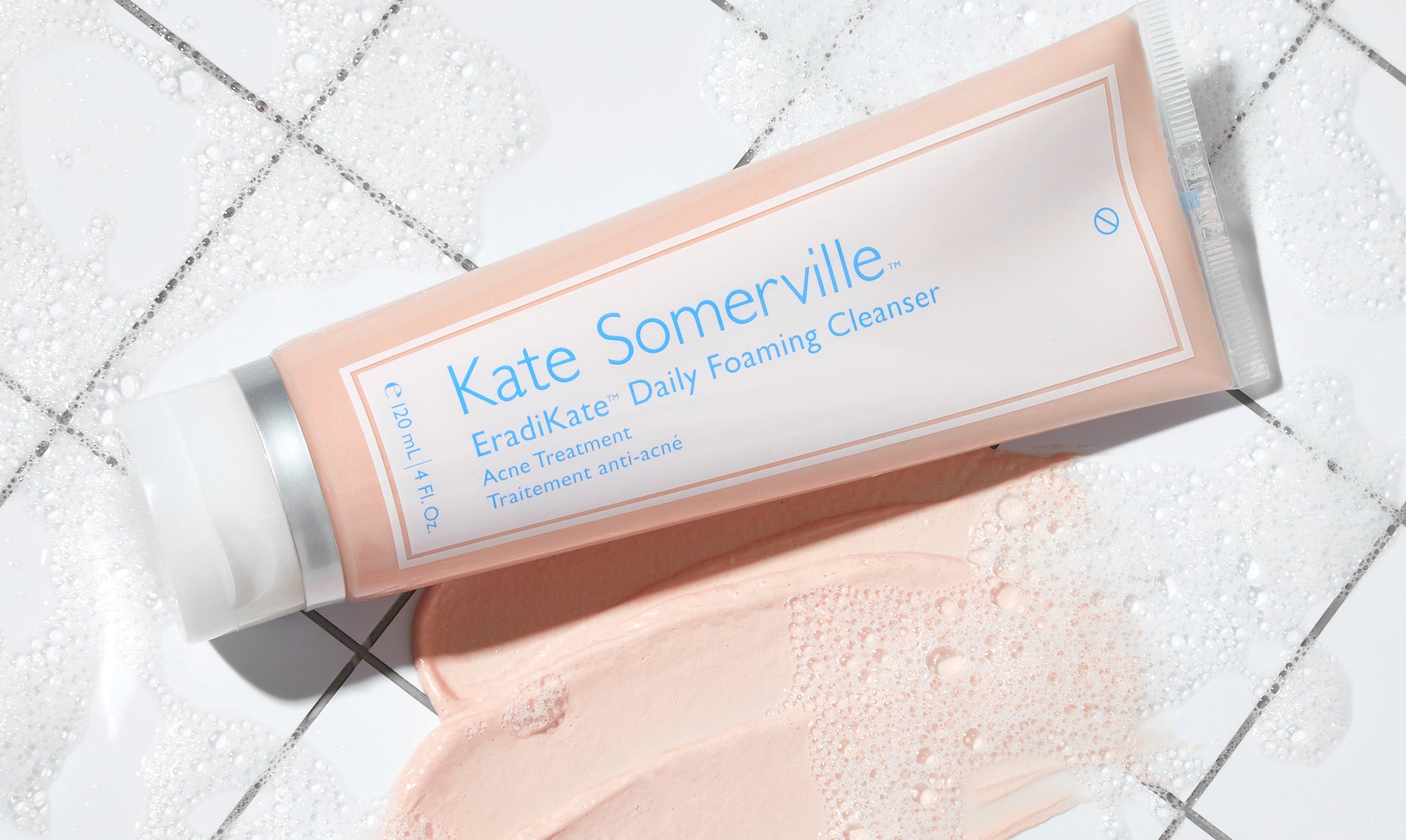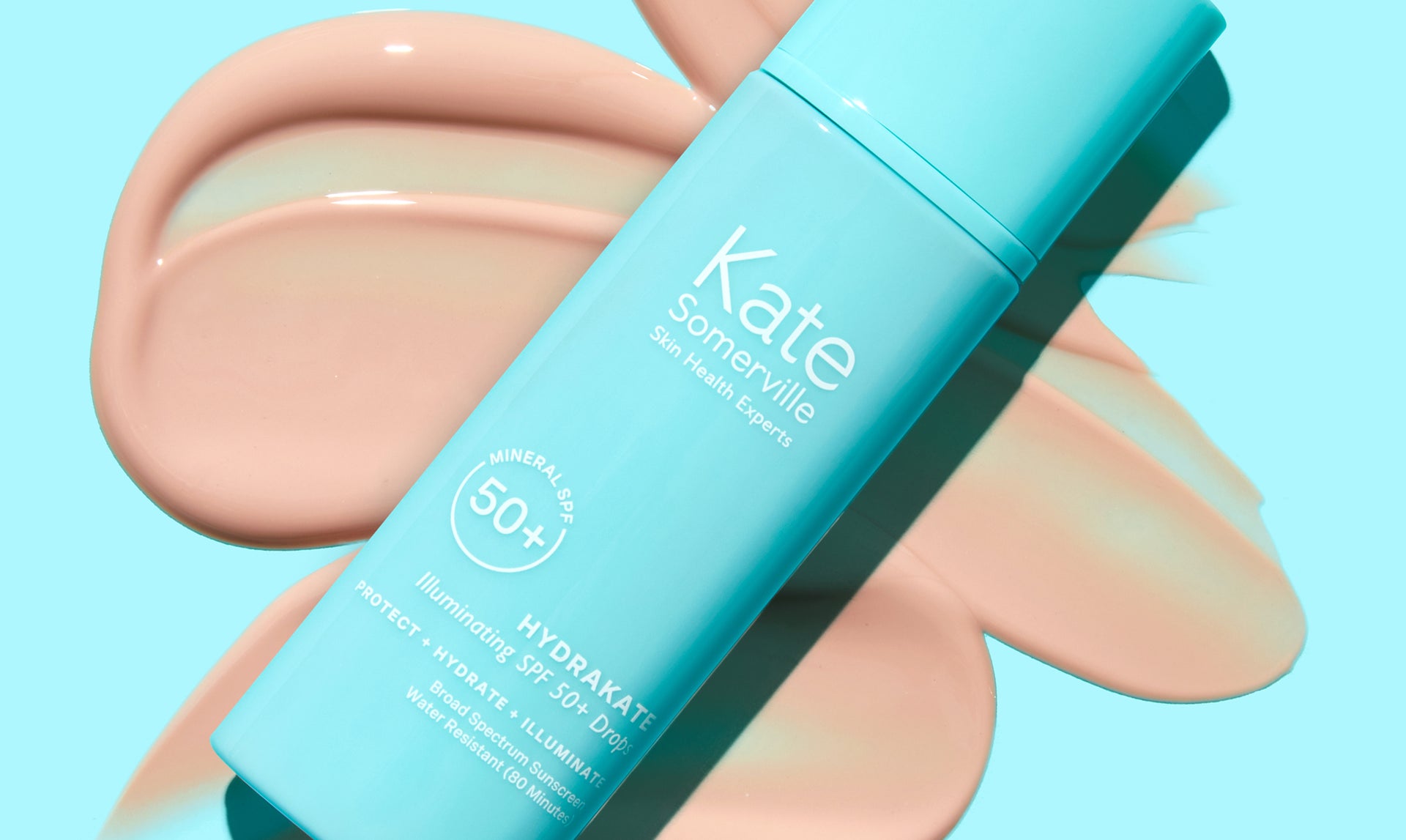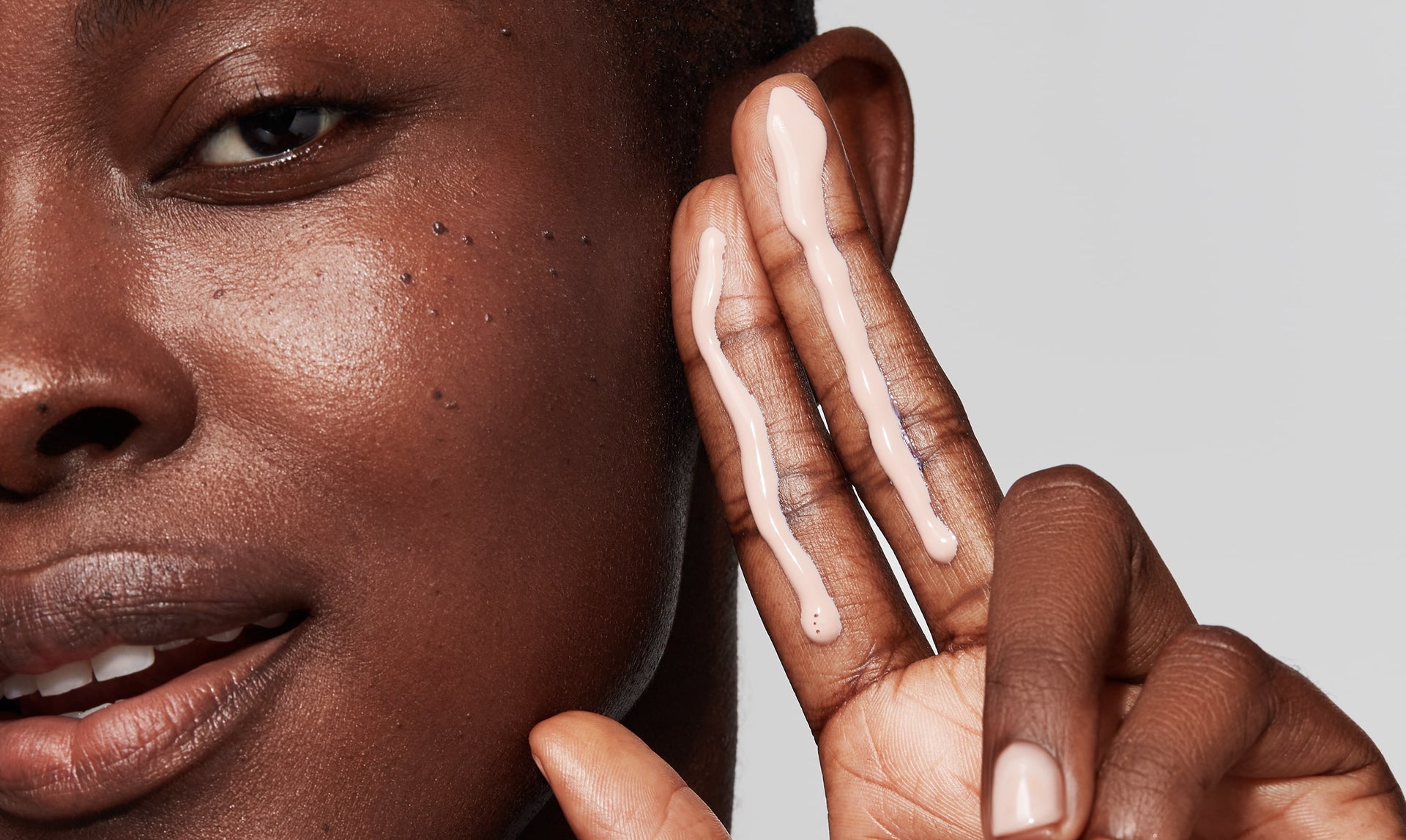Collagen and Elastin: 3 Skin Benefits
Want smooth, supple, radiant-looking skin that feels plump and hydrated? We’ve got good news for you: Your skin may already have the proteins it needs to fight fine lines and wrinkles, and get you glowing.
Collagen and elastin are key structural proteins in the dermis—skin’s middle layer—that help support healthy, youthful skin. In this guide, we’ll walk you through their main benefits and how you can boost your radiance with a protein-packed skincare routine.
Benefit #1: Strength and Elasticity
Collagen and elastin, both abundant in the dermis, each serve a distinct purpose.[1]
- Collagen helps strengthen skin and other connective tissues. Its production slows significantly as you age, so adding a collagen-packed cream or serum to your routine may help maintain skin health.
- Elastin gives skin its elasticity but isn’t as plentiful as collagen. Your body actually stops producing it when you reach puberty, so applying a moisturizer with elastin may help tighten skin and keep it flexible as you age.
When paired together, collagen and elastin help strengthen skin and give it that gorgeous glow.
Benefit #2: Anti-Aging
Collagen and elastin work together to give skin its shape and texture, so combining them may help reduce visible signs of aging.[2]
- Fine lines – Those tiny creases that begin to form as you age are often the result of damaged collagen and elastin fibers. As the fibers break down, the support structure beneath your skin is weakened, resulting in fine lines and, eventually, deep wrinkles.
- Texture – Collagen and elastin also play an important role in maintaining your skin’s texture. Collagen in particular is a must for maintaining healthy moisture levels. In fact, a 2018 study in the International Journal of Molecular Sciences showed that skin regained some of its moisture when subjects took an oral collagen supplement.[3]
- Shape – Collagen and elastin are responsible for maintaining skin elasticity. Sagging and wrinkles result when the fibers that support your skin’s structure are weakened or damaged, so healthy collagen and elastin fibers may help skin keep its youthful shape.
As you can see, collagen and elastin provide a sturdy base beneath the top layer of your skin to keep it bright and buoyant.
Benefit #3: Healthier-Looking Skin
When your dermis receives a sufficient boost of collagen and elastin, it looks healthier—think dewy cheeks, even skin tone, and smooth texture.
The best way to maintain radiance is to protect your skin from damage. Several elements may contribute to collagen and elastin breakdown:[4]
- UV rays
- Alcohol
- Poor diet
- Smoking
- Environmental pollution
So, lather on the SPF and ditch the tequila sunrises and tortilla chips —a daily routine that incorporates healthy practices will help you glow from the inside out.
What Happens to Your Skin When Collagen and Elastin Are Damaged?
When damaged, collagen and elastin fibers are unable to uphold the shape and structure of your skin. You may begin to see fine lines and wrinkles appear on your face if you spend long afternoons sunbathing in the backyard or live in an area with high levels of pollution in the air. You may even suffer from dry skin and damaged tissue below the dermis.
The lack of support under the surface may also cause your skin to sag since it’s less adept at retaining moisture, leaving it dry, itchy, and stressed.
Can You Prevent Collagen and Elastin Damage As You Age?
When it comes to losing collagen and elastin, it’s inevitable—and natural. However, you can help bolster your skin’s resilience by incorporating a few self-care practices that prioritize your skin’s health:
- Avoid drinking alcohol excessively
- Apply a broad-spectrum sunscreen daily
- Don’t smoke
- Eat a nutrient-rich diet
- Avoid excess stress
- Add collagen- and elastin-filled products, plus hyaluronic acid to your skincare routine[5]
Reveal Beautiful Skin with Kate Somerville
Collagen and elastin work together to keep your skin strong, healthy, and radiant. Production slows over time, but you can help keep your skin glowing by cutting out sun time, making healthy lifestyle choices, and incorporating collagen and elastin creams and serums that hydrate, plump, and replenish into your routine.
At Kate Somerville, we believe everyone deserves beautiful skin. Our products are designed to brighten and restore skin. If you’re in need of a little rejuvenation, our KateCeuticals™ Total Repair Cream is expertly formulated with powerhouse ingredients like jojoba oil, hemp oil, and hyaluronic acid for skin that feels firm, smooth, and renewed.
Shop our KateCeuticals™ collection today for clinic-grade age repair.
Sources:
PAR Journal. Skin Collagen Through the Life Stages: Importance for Skin Health and Beauty. https://parjournal.net/article/view/3863
Dermato Endocrinology. Skin Anti-Aging Strategies. https://www.ncbi.nlm.nih.gov/pmc/articles/PMC3583892/
International Journal of Molecular Sciences. Oral Intake of Collagen Peptide Attenuates UVB Irradiation Induced Skin Dehydration. https://www.ncbi.nlm.nih.gov/pmc/articles/PMC6274925/
American Academy of Dermatology Association. Skin Care During Menopause. https://www.aad.org/public/everyday-care/skin-care-secrets/anti-aging/skin-care-during-menopause
Dermato Endocrinology. Hyaluronic Acid: A Key Molecule in Skin Aging. https://www.ncbi.nlm.nih.gov/pmc/articles/PMC3583886/
[1] PAR Journal. Skin Collagen Through the Life Stages: Importance for Skin Health and Beauty. https://parjournal.net/article/view/3863
[2]Dermato Endocrinology. Skin Anti-Aging Strategies. https://www.ncbi.nlm.nih.gov/pmc/articles/PMC3583892/
[3]International Journal of Molecular Sciences. Oral Intake of Collagen Peptide Attenuates UVB Irradiation Induced Skin Dehydration. https://www.ncbi.nlm.nih.gov/pmc/articles/PMC6274925/
[4] American Academy of Dermatology Association. Skin Care During Menopause. https://www.aad.org/public/everyday-care/skin-care-secrets/anti-aging/skin-care-during-menopause
[5]Dermato Endocrinology. Hyaluronic Acid: A Key Molecule in Skin Aging. https://www.ncbi.nlm.nih.gov/pmc/articles/PMC3583886/
